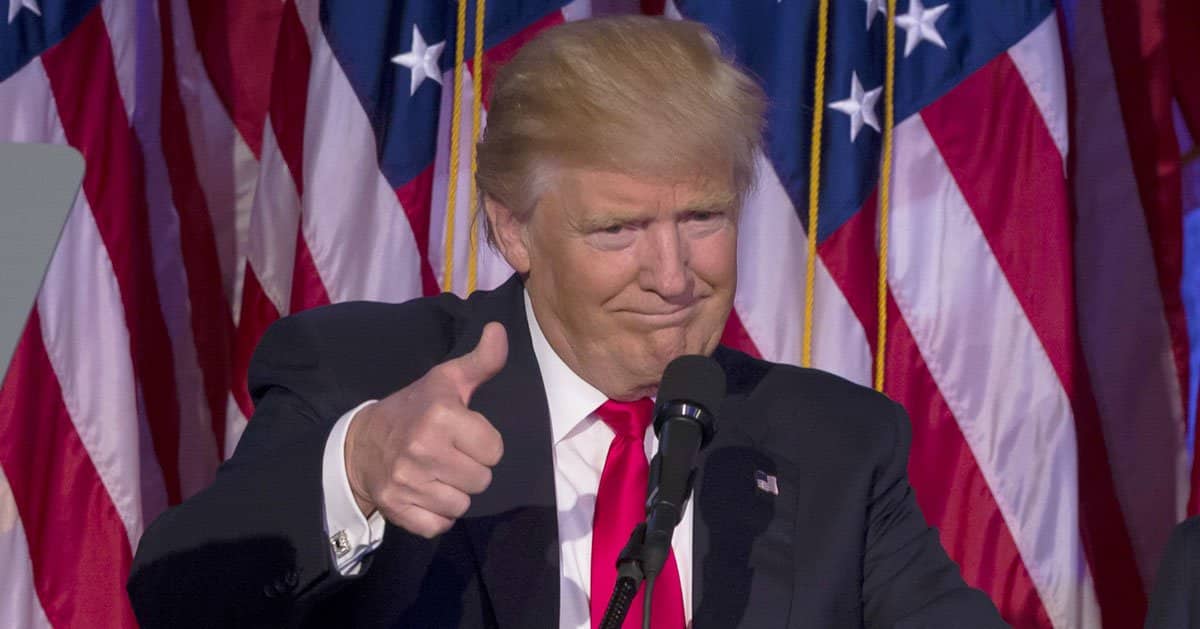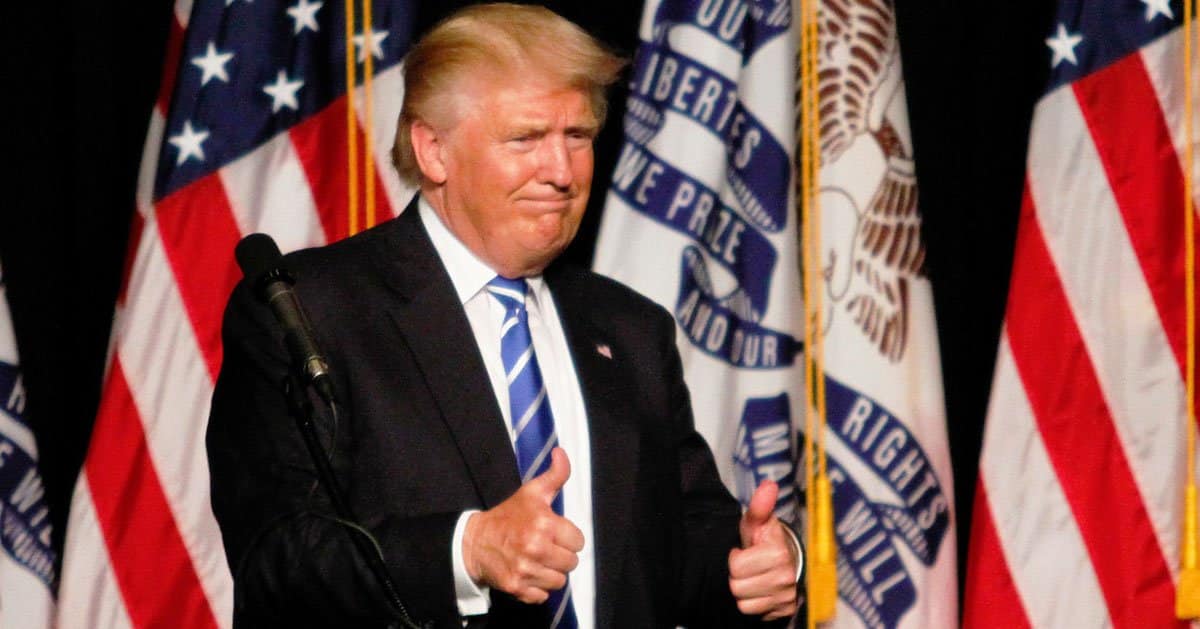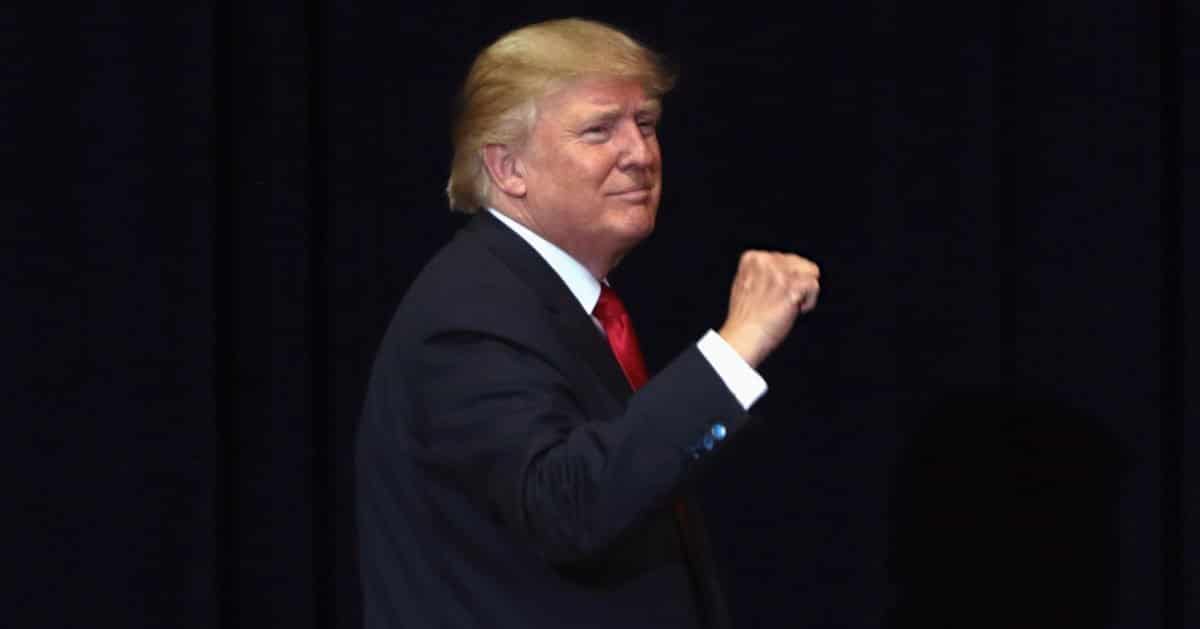








Hunter Biden's motion to dismiss his tax indictment was denied by a federal judge in Los Angeles, allowing the high-profile case to continue.
The National Review reported that this week, Judge Mark Scarsi ruled against Hunter Biden, dismissing the claim that the special counsel appointment was unconstitutional.
Hunter Biden, son of President Joe Biden, faced charges over tax matters and sought to challenge the legal basis of the prosecution.
He argued that the appointment of David Weiss as special counsel by Attorney General Merrick Garland was not legally valid.
Judge Mark Scarsi, appointed by former President Donald Trump, heard the case. Biden's legal team contended that Weiss’s appointment did not adhere to constitutional norms, primarily because of his prior engagements and relationships within the Biden administration.
David Weiss, previously the U.S. attorney for Delaware, had been involved in the Biden case under former Attorney General Bill Barr. His independence came under scrutiny due to his connections with Biden's late brother, Beau Biden, and his retention during the transition of administrations.
The defense highlighted the controversial nature of Weiss’s continuation in his role, especially as other Trump-appointed attorneys were replaced. This was seen as indicative of a lack of impartiality in the handling of Hunter Biden’s case.
A plea deal initially proposed for Hunter Biden fell through, leading to public embarrassment for both the Biden-Harris administration and Garland. The deal's collapse brought to light concerns about its structure and the immunity it would have granted.
Further complicating matters, Weiss was accused of not pursuing charges aggressively enough, which allegedly allowed some potential charges to become outdated due to the statute of limitations expiring.
Despite the criticism of Weiss’s handling of the case from 2018 to 2023, Garland appointed him as special counsel amid ongoing controversies. This decision was defended on the basis that Weiss had the necessary credentials and authority to prosecute the case.
The regulations governing the appointment of a special counsel require that the individual be outside the existing government structure, aiming to ensure independence. However, Weiss’s eligibility was widely debated.
Critics and legal observers have argued that the appointment, while technically meeting legal standards, did not fully align with the intent of these regulations. This has led to claims that the special counsel’s role was a "sham" and a "fraud on the public."
Nevertheless, the court ruled that Garland’s authority to assign cases to Justice Department lawyers was not compromised by the branding of Weiss’s role as a special counsel appointment.
This legal battle has significant implications not only for Hunter Biden but also the broader political narrative, particularly concerning the integrity of the Justice Department under varying administrations.
The case continues to garner widespread attention, with implications that reach beyond the courtroom into the realms of political discourse and public opinion.
As the case progresses, all eyes will be on the courtroom dynamics and the potential impacts on the Biden-Harris administration’s public image and legal standing.



